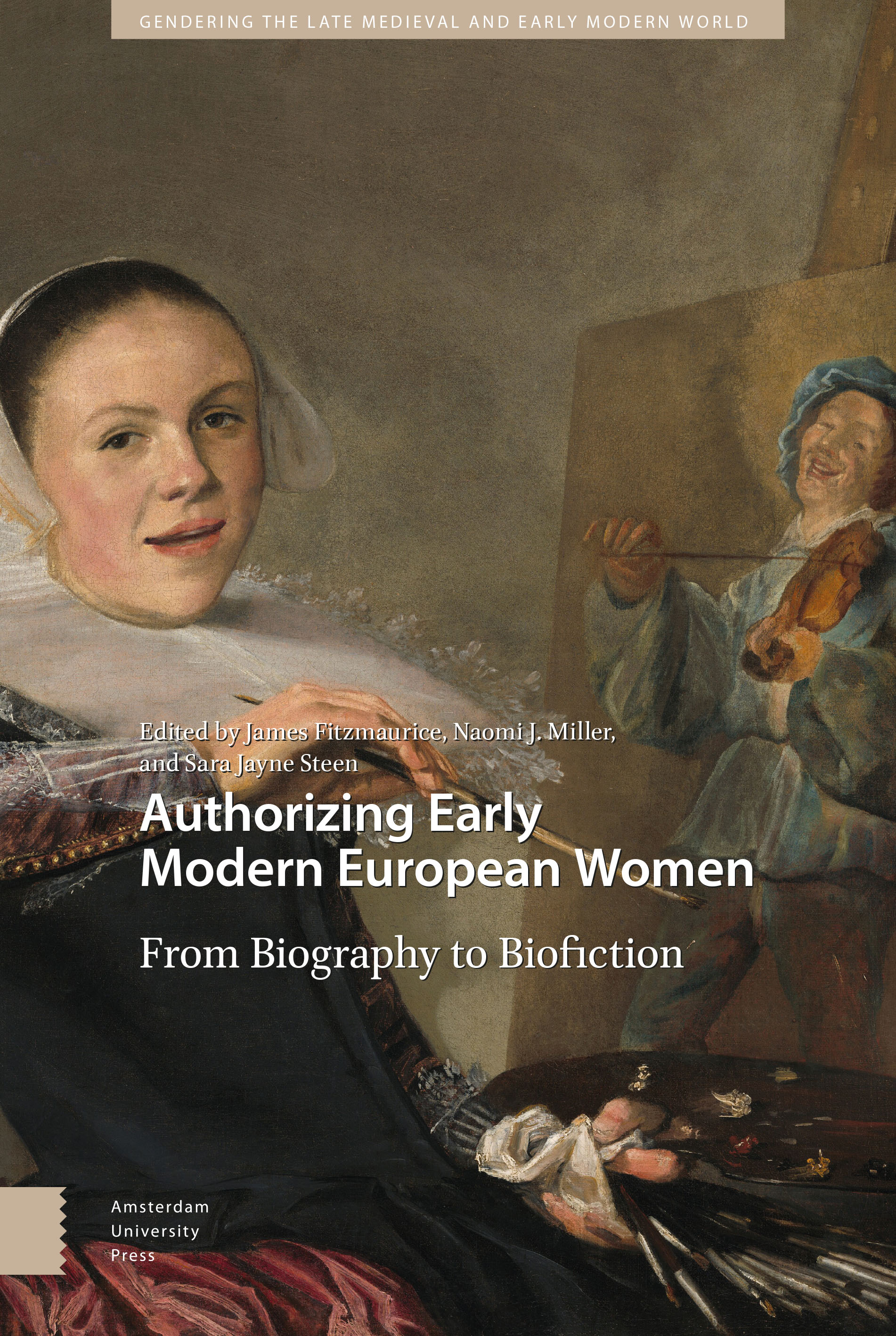16 - “From Hollywood Film to Musical Theater: Veronica Franco in American Popular Culture”
Published online by Cambridge University Press: 16 December 2021
Summary
Abstract
This essay examines American culture's popular fictionalization of the biography and published works of Venetian courtesan poet Veronica Franco for the Hollywood screen. A comparison of the original screenplay of Dangerous Beauty with the 1998 film reveals how Franco's story changes from a proto-feminist portrayal of women's agency and literary skill into a romance between Veronica Franco and Marco Venier, a powerful Venetian senator, who defends her against male detractors in the Inquisition courts. While the original screenplay (and the musical that followed in 2011) depicts Franco as a courageous and independent advocate of women's self-determination and creative freedom, in the Hollywood film she becomes a powerless victim who depends on male support to escape public humiliation and ignominy.
Keywords: Veronica Franco, Courtesan, Venice, Hollywood, Dangerous Beauty
On February 13, 2011, Dangerous Beauty the musical, based on the life of sixteenth-century courtesan poet Veronica Franco, and inspired by the Hollywood film Dangerous Beauty (Warner Bros. 1998) reopened the Pasadena Playhouse in Los Angeles. It boasted a Broadway cast and an all-woman creative team that included Jeannine Dominy, the author of the filmic screenplay, who drew inspiration from my book The Honest Courtesan (1992). Intent on addressing the film's missteps, the writer, producers, and director sought to reinstate the feminist content in Franco's published writings and biography that had been drained from the Hollywood love story that championed romantic intrigue and the sexualized courtesan's body over the outspoken courage of the courtesan poet.
Adapting her original screenplay for the musical book, Dominy returned eleven years later to her powerful biofictional characterization of Franco as a proto-feminist who defended women's autonomy, social justice, and creative freedom. In both the musical and the original screenplay, Veronica struggles to extricate herself from misogynous restrictions that sought to control all Venetian women but never succumbs to victimhood or repentance for the dubious morality associated with her profession. After almost a decade of workshops and performed staged readings at Northwestern, Vassar, ASCAP, the National Alliance for Musical Theatre, and the Rubicon Theater, the musical highlighted Franco's verbal eloquence and poetic wit. According to the show's creative team, it offered a “sequel to the girls who grew up ‘Defying Gravity’ with Wicked and who are now ready as young women to embrace Veronica Franco” (Behrens).
- Type
- Chapter
- Information
- Authorizing Early Modern European WomenFrom Biography to Biofiction, pp. 203 - 218Publisher: Amsterdam University PressPrint publication year: 2021

